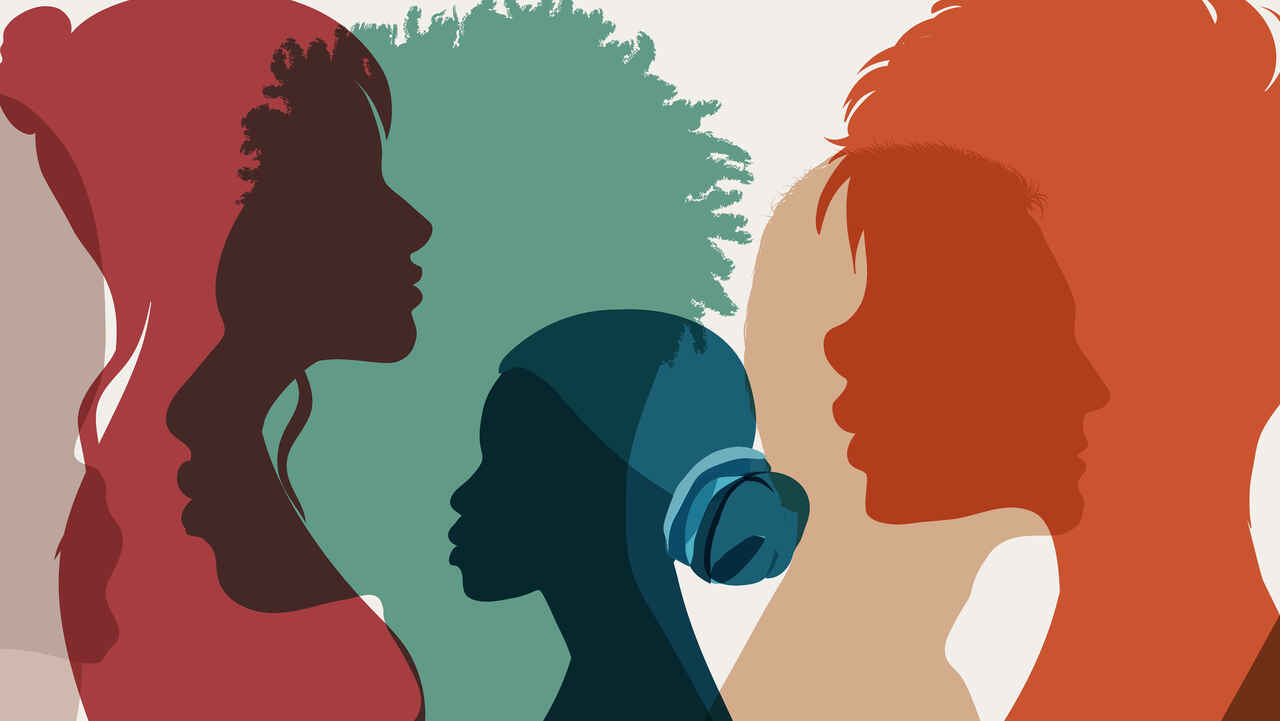 You may be more at risk for some diseases depending on your ethnic background.
You may be more at risk for some diseases depending on your ethnic background.
Your race and ethnicity have an impact on your overall health and may affect your risk of some chronic health conditions. Some of this increased risk is due to genetics. It may also be due in part to cultural and lifestyle habits. But there are other factors that may affect your risk of disease and these are referred to as health disparities.
Health disparities highlight differences in social, economic, educational and health care opportunities among various ethnicities. These include less access to quality health care, social and economic disadvantages, increased risk of disease from environmental exposure at work or home, discrimination and/or mistrust in the health care system.
Here are some health conditions that are more commonly found in certain ethnic groups:
-
- Diabetes: American Indians and Alaska Natives are at the highest risk of developing diabetes. African Americans, Hispanics and Asian Americans are also at an increased risk. Additionally, minorities are more likely to have complications from diabetes, such as heart or kidney disease, eye damage or nerve problems.
- Heart Disease: Even though white Americans have the highest rate of heart disease diagnosis they are less likely than African Americans to die of the disease.
- High Blood Pressure: African Americans have the highest risk for hypertension (high blood pressure). They’re also more likely to get it at an earlier age.
- Kidney Disease: African Americans are most at risk for this disease and are almost four times more likely to die of kidney failure than other ethnicities. Hispanics and American Indians are also more at risk.
- Cancer: African American males are more likely to be diagnosed with prostate, lung and colon cancer and are more likely to die from these common cancers. American Indians and Alaska Natives are more likely to be diagnosed with kidney cancer and die from it. This same group, as well as Asians and Pacific Islanders are more likely to get liver cancer.
- HIV/AIDS: Although African Americans make up about 13% of the U.S. population, they account for almost half of new HIV diagnoses. Hispanics account for almost a quarter of new HIV cases.
- Osteoporosis: Asian American women are at an increased risk of osteoporosis, in part due to the higher likelihood of them having thin, small-boned frames. Additionally, nearly 90% of Asian Americans are lactose intolerant, making it difficult for them to get calcium from dairy products.
- Asthma: African Americans and Hispanics (especially people from Puerto Rico) are more likely to have asthma, end up in the emergency room because of it and die from the condition.
- Lupus: This autoimmune disease is most common in African American women. Hispanic, Asian and Native American women are also at an increased risk.
In addition to some ethnicities being at an increased risk for being diagnosed with various diseases, there are also disparities in the survival rates of different ethnic groups who have similar health conditions.
Copyright 2022 © Baldwin Publishing, Inc. All rights reserved.
Health eCooking® is a registered trademark of Baldwin Publishing, Inc. Cook eKitchen™ is a designated trademark of Baldwin Publishing, Inc. Any duplication or distribution of the information contained herein without the express approval of Baldwin Publishing, Inc. is strictly prohibited.
Date Last Reviewed: February 14, 2022
Editorial Review: Andrea Cohen, Editorial Director, Baldwin Publishing, Inc. Contact Editor
Dietary Review: Perry Pitkow, MD
Learn more about Baldwin Publishing Inc. editorial policy, privacy policy, ADA compliance and sponsorship policy.
No information provided by Baldwin Publishing, Inc. in any article is a substitute for medical advice or treatment for any medical condition. Baldwin Publishing, Inc. strongly suggests that you use this information in consultation with your doctor or other health professional. Use or viewing of any Baldwin Publishing, Inc. article signifies your understanding and agreement to the disclaimer and acceptance of these terms of use.